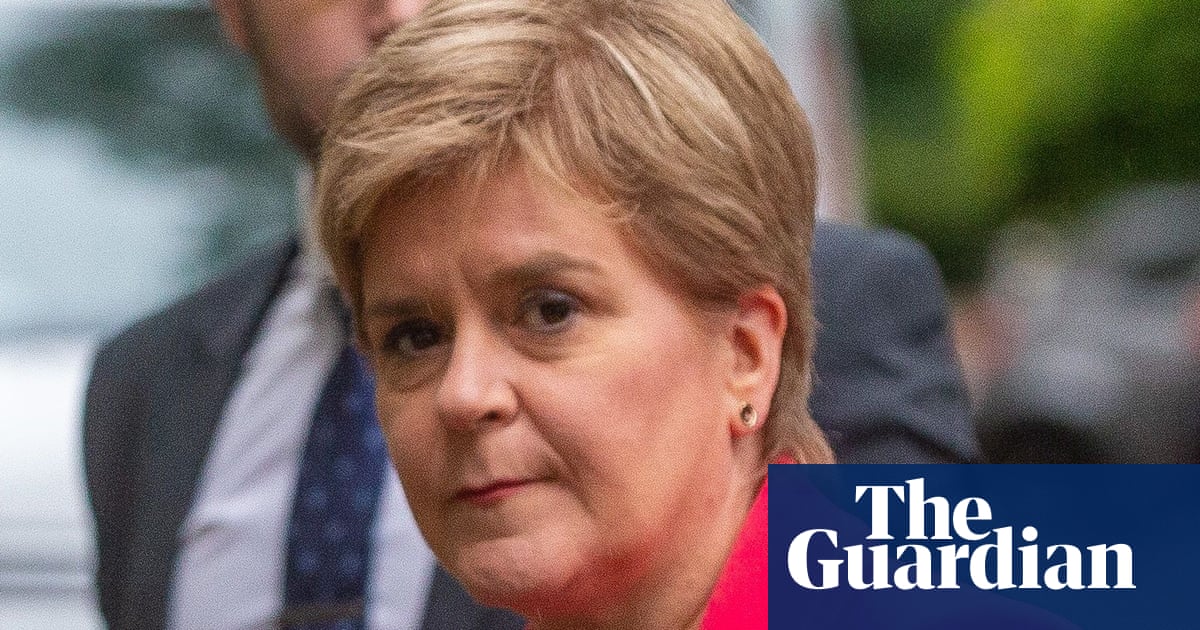
The Department for Education had no plan for dealing with a pandemic and failed to set standards for remote learning during lockdown, leading to “unequal experiences” for many children, according to a critical report by MPs.
Parliament’s public accounts committee also said there was evidence that the government’s £1.7bn catch-up programme – designed to restore the learning lost during school closures – may not be connecting with many of the most disadvantaged children. The committee’s report describes the DfE as having “worthy aspirations but little specific detail”.
Meg Hillier, chair of the PAC, said: “The pandemic has further exposed a very ugly truth about the children living in poverty and disadvantage, who have been hit particularly hard.
“Online learning was inaccessible to many children even in later lockdowns and there is no commitment to ongoing additional funding for IT. Schools will be expected to fund laptops out of their existing, and already squeezed, budgets.”
Hillier said the DfE “appears uninterested in learning lessons from earlier in the pandemic,” preferring to wait for later public inquiries.
“It shows little energy and determination to ensure that its catch-up offer is sufficient to undo the damage of the past 14 months,” Hillier said.
The report, after hearings conducted by the bipartisan committee, was deeply critical of the DfE’s failings towards children with special educational needs and disabilities, many of who struggled with remote learning, and over the future of the more than one million digital devices it had distributed to schools at a cost of £400m.
The DfE told the committee that the laptops and tablets were now owned by schools and local authorities, which would have to maintain and update them using existing budgets.
The committee accused the DfE of being “unprepared” for the disruption despite taking part in the government’s 2016 cross-departmental exercise to test the UK’s response to a pandemic, called Operation Cygnus. The MPs also found that the DfE was “surprisingly resistant” to investigating its response since March 2020.
“More than a year on from the start of pandemic, the department has not yet carried out a full review of its response during the early stages to identify lessons to improve its emergency preparedness and response to any future disruptions,” the committee said.
In response the DfE said it wanted to wait and conduct a review alongside other departments, but the MPs said it risked “learning lessons too late” to improve its future responses.
The MPs said they were concerned at the scale and design of the government’s plans for catch-up learning, noting that just 44% of children receiving tuition through the flagship National Tutoring Programme were eligible for pupil premium funding, “raising questions over whether the scheme would reach the most disadvantaged children”.
Paul Whiteman, general secretary of the National Association of Head Teachers (NAHT), said the committee’s findings were “extremely disappointing but not surprising”.
The NAHT has launched its own blueprint for school recovery, supporting earlier estimates of an additional £15bn in new funding to invest in early years education and mental health provision, as well as targeted academic support for pupils.
“The government has an opportunity to make a real difference to the lives of young people, both in the short and long term. But this will only come true if there is significant new investment from the Treasury to support the good work of schools,” Whiteman said.












